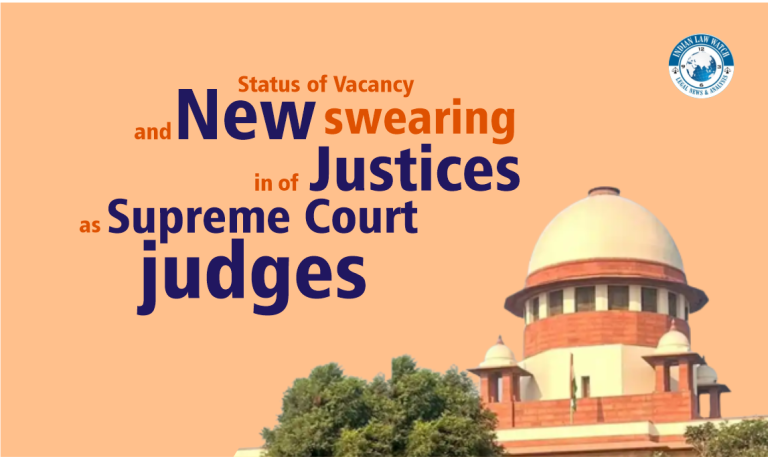
The maximum number of RTIs were received by the Central government at 11 million, followed by Maharashtra at 8.6 million and Tamil Nadu at 3.6 million
“The digital RTI portal (website or mobile app) can deliver more efficient and citizen-friendly services which are not possible through conventional mode. This will be beneficial for both transparency seekers and the government,” Madhu Bhalla, chairperson of Transparency International India, was quoted as saying in the report.

-
Around 315,000 complaints are currently pending under the Right to Information (RTI) Act in India. These are across 26 information commissions in India, according to a report in The Hindu (TH). The pending cases have been rising in recent years.
-
From 218,347 pending cases in 2019, they rose to 233,384 cases in 2020 and 314,323 in 2022. At 99,722, the highest number of pending cases was in Maharashtra. In Uttar Pradesh and Karnataka, pending cases stood at 44,482 and 30,358, respectively. The data was taken from a report by the Satark Nagrik Sangathan, TH said.
-
In India, the maximum number of RTIs were received by the Central government at 11 million, followed by Maharashtra at 8.6 million and Tamil Nadu at 3.6 million.
-
Also, only 11 out of a total of 29 Information commissions in India provide an e-filing facility. Out of these 11, only five are currently functional.
-
The report by Satark Nagrik Sangathan also said that the disposal time of cases was slow in India and the government has failed to make timely appointments.
“Proper functioning of information commissions is crucial for people to realise their right to information. The report shows that in several commissions a large backlog of cases has built up, resulting in a long waiting time for disposal, as governments have failed to make appointments of information commissioners in a timely manner. The report also flags concerns regarding tardy disposal rates in several commissions and the lack of transparency in their functioning. There is an urgent need for the transparency watchdogs to function in a more effective and transparent manner,” said Anjali Bharadwaj of Satark Nagarik Sangathan said.
Source: Business Standard





